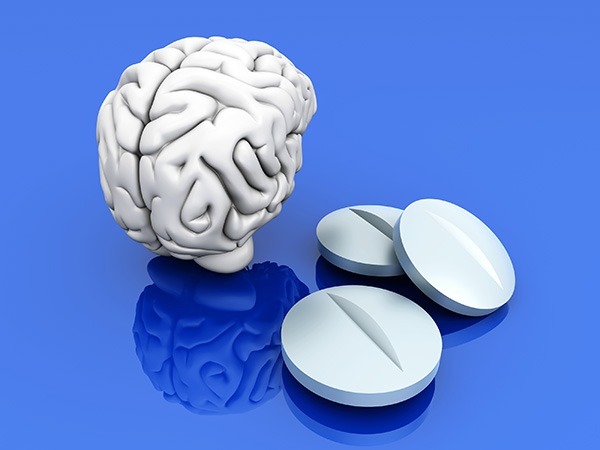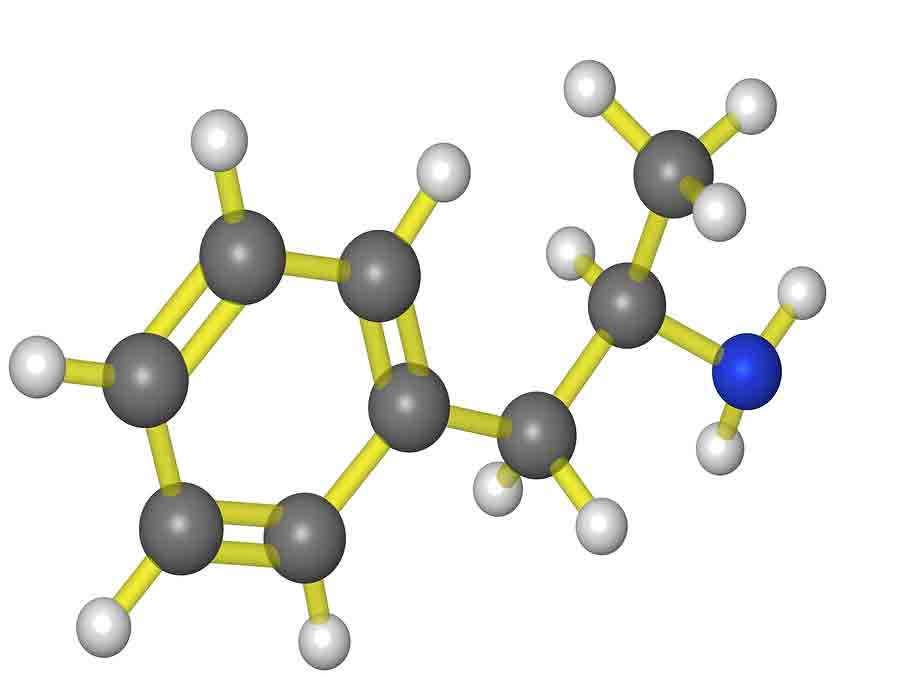Posts Tagged ‘college’
Study finds mixed results of Adderall as cognitive enhancer (seems to boost emotion more than cognition)
Over the past 15 years there has been growing awareness that many college students without an ADHD diagnosis use ADHD drugs. On some campuses, rates of self-reported non-medical use have exceeded 30% of students. The primary reason students report taking ADHD drugs is to enhance their academic performance. And, the strong majority of students —…
Read MoreDo ADHD drugs really help college students without ADHD?
___ Over the past 15 years there has been growing awareness that many college students without an ADHD diagnosis use ADHD drugs. On some campuses, rates of self-reported non-medical use have exceeded 30% of students.
Read MoreStudy: Why do (some) college students misuse ADHD medication?
. The use of ADHD meds without a prescription, i.e., nonmedical use, is a large and perhaps growing problem on college campuses nationwide. Although the percent of students who engage in nonmedical use of ADHD meds varies widely across different schools, rates exceeding 30% have been reported at some campuses.
Read MoreStudy: Can self-monitoring help promote academic success, and reduce ADHD symptoms, in college students with ADHD
. College students with ADHD are more likely to drop out than other students, have lower grade point averages, and endorse more academic difficulties overall. Approximately 25% of college students with ADHD receive academic accommodations,
Read MoreMisuse & Abuse of ADHD Meds among college students: Updated review of a growing concern
The misuse and abuse of prescription medication is a growing concern. I remember speaking with colleagues 15–20 years ago as reports about the nonmedical use of stimulant medications used to treat ADHD (nonmedical use is defined as use by individuals without a prescription) were first appearing in the media. At the time, these were generally…
Read MoreCognitive Development in the first 20 years: A Child’s and Teenager’s Brain
Child’s Brain needs to be nurtured in a proper manner. Here is an interesting book on how to develop children so that they become confident and smart.
Read More




